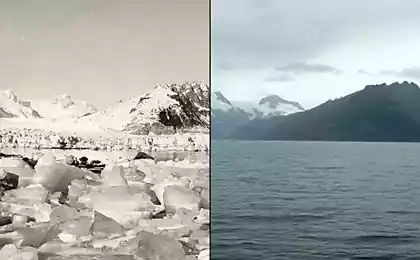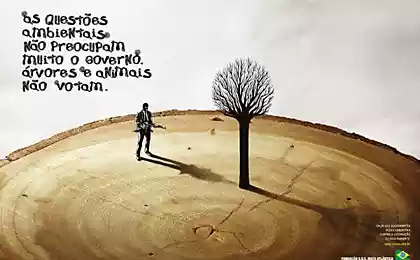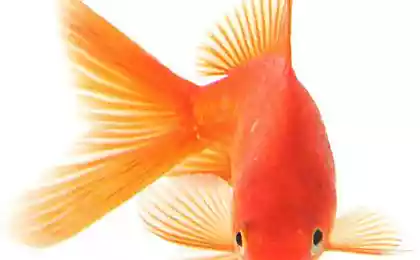153
Deforestation leads to starvation of fish
The link between what happens in the forest and how fish eat is difficult to pin down, but scientists have found a clear link between forest conservation and healthy freshwater fish populations.
“We found that almost 70 percent of the fish’s diet consists of biomass, which came from trees,” said Andrew Tanentzap from the University of Plant Research in Cambridge. “While plankton feed on algae, it is a high-calorie food for fish in the sea.” Organic carbon from trees washed in lakes is an extremely important source of food for freshwater fish, ensuring their growth and development. Where there is more dissolved timber, there are more bacteria, more bacteria, and therefore more zooplankton. Places with lots of zooplankton produce the largest, fatty fish.
Scientists studied fish populations in 8 areas around Lake Daisy, which is located in the boreal forests of British Columbia in Canada and found that fish were more where forest cover was healthy, and less where trees were less common. The scientists are confident that their findings will apply to other regions around the world.
However, it is another reason to fight deforestation and ensure that our ecosystems are protected and healthy, on land and in water.
Source: rodovid.me
“We found that almost 70 percent of the fish’s diet consists of biomass, which came from trees,” said Andrew Tanentzap from the University of Plant Research in Cambridge. “While plankton feed on algae, it is a high-calorie food for fish in the sea.” Organic carbon from trees washed in lakes is an extremely important source of food for freshwater fish, ensuring their growth and development. Where there is more dissolved timber, there are more bacteria, more bacteria, and therefore more zooplankton. Places with lots of zooplankton produce the largest, fatty fish.
Scientists studied fish populations in 8 areas around Lake Daisy, which is located in the boreal forests of British Columbia in Canada and found that fish were more where forest cover was healthy, and less where trees were less common. The scientists are confident that their findings will apply to other regions around the world.
However, it is another reason to fight deforestation and ensure that our ecosystems are protected and healthy, on land and in water.
Source: rodovid.me
























